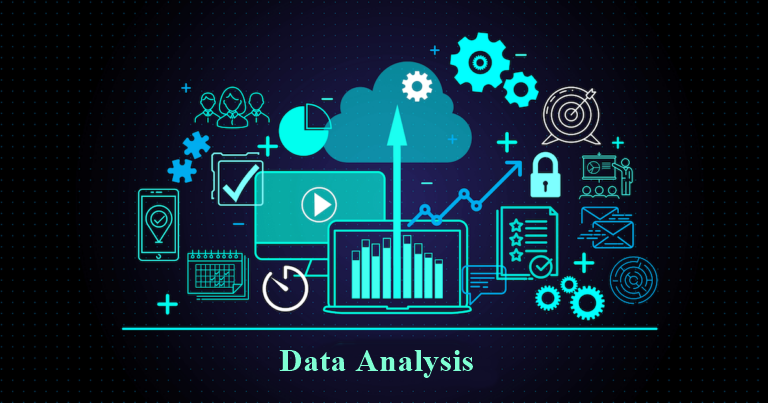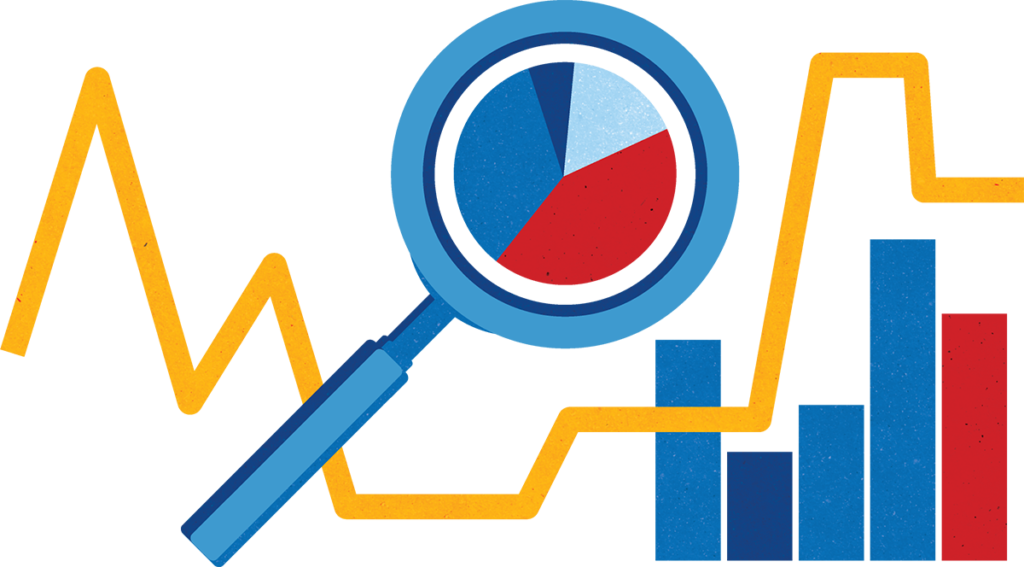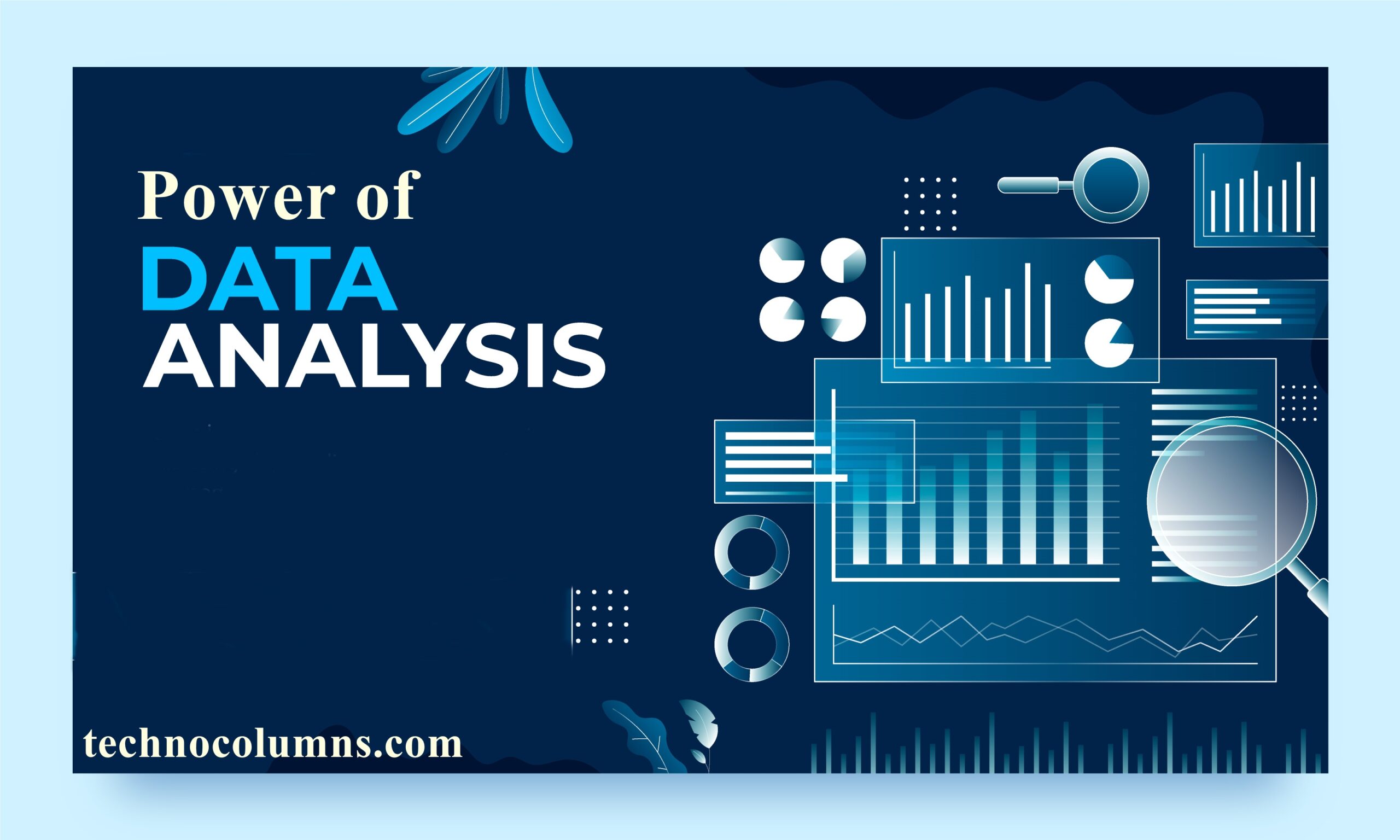The Transformative Power of Data Analytics in Modern Business Operations
Introduction:

Due to digital transformation everywhere, data has become as one of the most valuable assets for businesses across industries. Data analytics, the process of analysing raw data to uncover actionable insights, has become a cornerstone of modern business operations. From informing strategic decisions to enhancing operational efficiency and fostering innovation, the importance of data analytics cannot be overstated. In this comprehensive exploration, we delve into the multifaceted significance of data analytics in driving business success.
Informed Decision Making:

Data analytics serves as an instrument for informed decision-making within organizations. By joining the power of data, businesses can gain valuable insights into market trends, customer preferences, and operational performance. Whether it is optimizing pricing strategies, identifying new revenue opportunities, or evaluating the impact of marketing campaigns, data-driven insights enable executives and managers to make strategic decisions with confidence. For instance, e-commerce giants like Amazon control data analytics to analyze customer browsing and purchasing behavior. It enables them to personalize recommendations and enhance the overall shopping experience.
Enhanced Operational Efficiency:

Efficiency lies at the heart of every successful business endeavor, and data analytics plays an essential role in optimizing operational processes. By analyzing data on workflow patterns, resource allocation, and supply chain dynamics, organizations can identify inefficiencies and streamline their operations for maximum productivity. For example, manufacturing companies use predictive analytics to forecast demand, optimize inventory levels, and minimize production downtime. Similarly, healthcare providers control data analytics to improve patient outcomes by optimizing scheduling, resource allocation, and treatment protocols.
Understanding Customer Behavior:

In today’s restless-competitive marketplace, understanding customer behavior is essential for business success. Data analytics provides businesses with the tools to gain deep insights into customer preferences, purchasing habits, and brand perceptions. By analyzing customer data collected from various touchpoints, such as websites, mobile apps, and social media platforms, organizations can tailor their products, services, and marketing strategies to meet the evolving needs of their target audience. For instance, retail chains use data analytics to section customers based on demographics and purchasing behavior. It allows them to deliver personalized promotions and recommendations that drive sales and foster customer loyalty.
Competitive Advantage:

In an era of rapid technological advancement and globalization, gaining a competitive advantage is paramount for business survival. Data analytics empowers organizations to gain actionable insights into market trends, competitor strategies, and emerging opportunities. By using advanced analytics techniques such as machine learning and predictive modeling, businesses can identify untouched market segments. It can anticipate customer needs, and stay ahead of the competition. For example, financial institutions use data analytics to detect fraudulent activities, assess credit risk, and personalize financial products and services to individual customers.
Risk Management:

Risk management is an integral part of business operations. Data analytics plays a crucial role in identifying, assessing, and reducing various risks. By analyzing historical data and market trends, organizations can anticipate potential risks and take proactive measures to minimize their impact. Whether it’s financial risks, operational risks, or compliance risks, data analytics provides businesses with the insights needed to make informed risk management decisions. For instance, insurance companies use predictive analytics to assess the likelihood of claims and adjust pricing accordingly, while supply chain companies use data analytics to identify potential disruptions and develop contingency plans to ensure business continuity.
Personalized Marketing:

Personalized marketing has become a cornerstone of modern marketing strategies, and data analytics lies at the heart of this trend. By analyzing customer data, businesses can create highly targeted and personalized marketing campaigns that resonate with their target audience. Whether it’s sending personalized email offers, serving targeted ads on social media, or recommending relevant products based on past purchase history, data-driven marketing enables organizations to deliver personalized experiences that drive engagement and conversion. For example, streaming platforms like Netflix use data analytics to analyze viewer preferences and recommend personalized content recommendations, leading to higher user engagement and retention rates.
Predictive Analytics:

Predictive analytics enables organizations to forecast future trends and outcomes based on historical data and statistical algorithms. By leveraging predictive modeling techniques, businesses can anticipate demand fluctuations, identify emerging market trends. It makes proactive decisions to capitalize on opportunities and mitigate risks. For example, retailers use predictive analytics to forecast sales volumes and adjust inventory levels accordingly, while healthcare providers use predictive analytics to identify patients at risk of developing chronic diseases and intervene early to prevent adverse outcomes.
Conclusion:

In conclusion, data analytics has emerged as a transformative force in modern business operations, enabling organizations to unlock valuable insights, drive informed decision-making. It gains a competitive edge in today’s fast-paced marketplace. By harnessing the power of data, businesses can optimize their operations, enhance customer experiences. Data analytics foster innovation to drive sustainable growth and success. As we continue to witness advancements in technology and data analytics capabilities, the importance of data analytics in shaping the future of business will only continue to grow.

